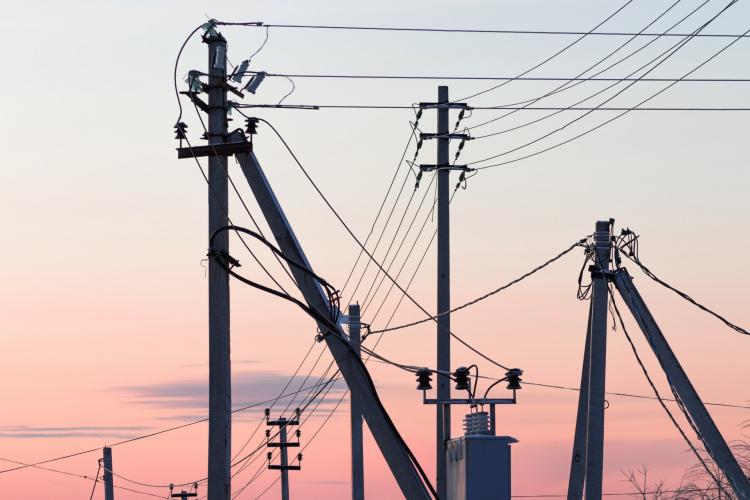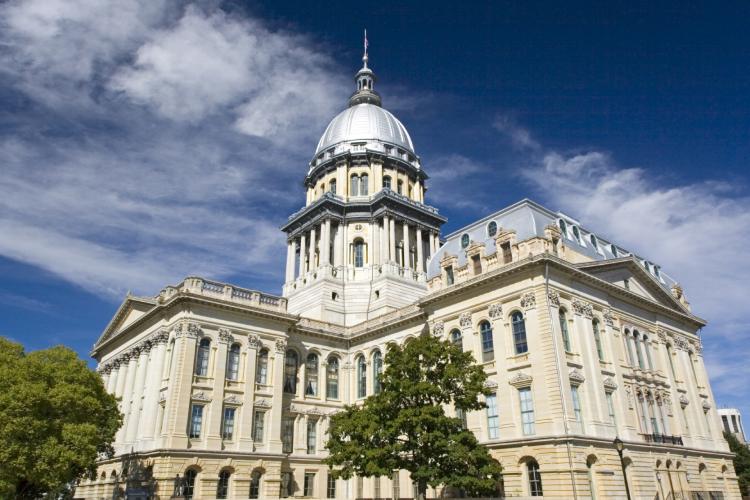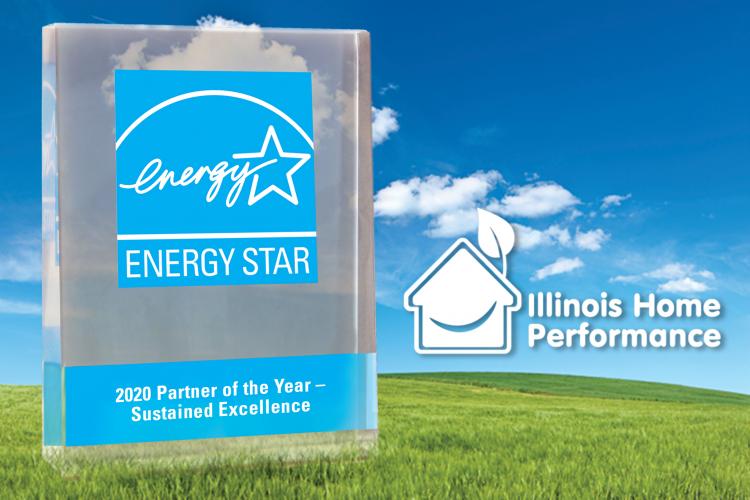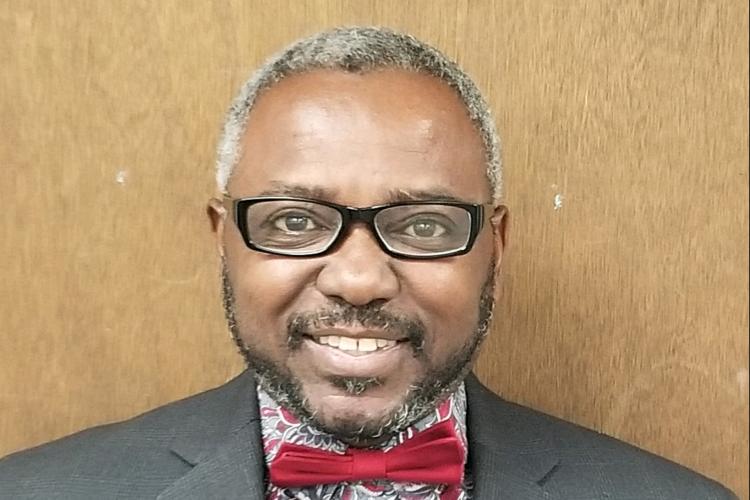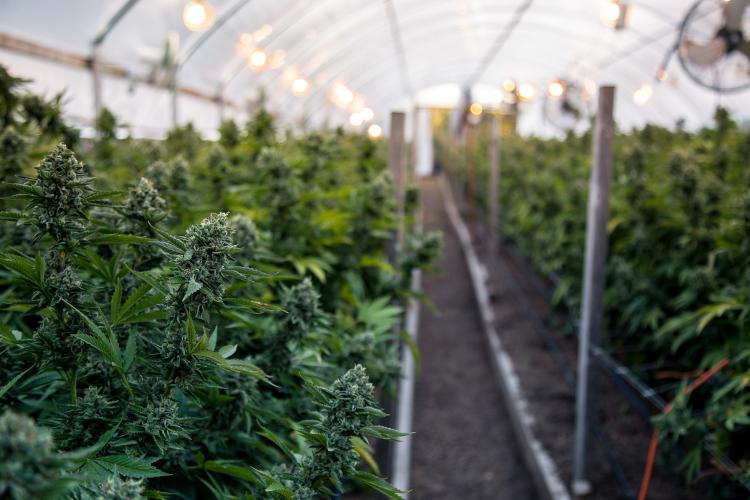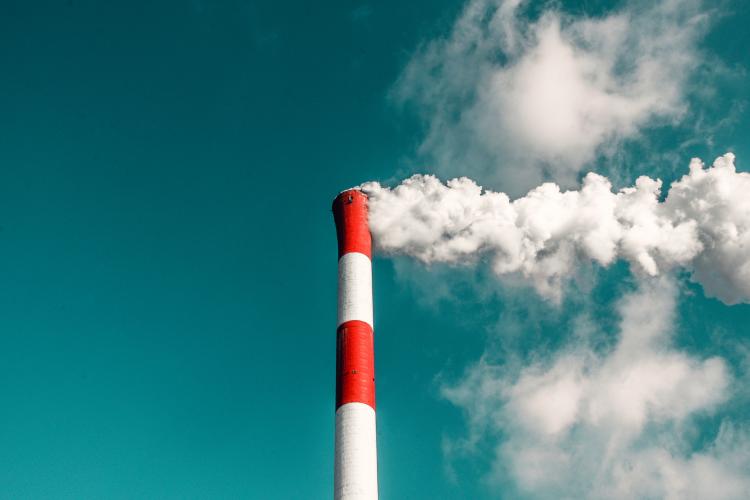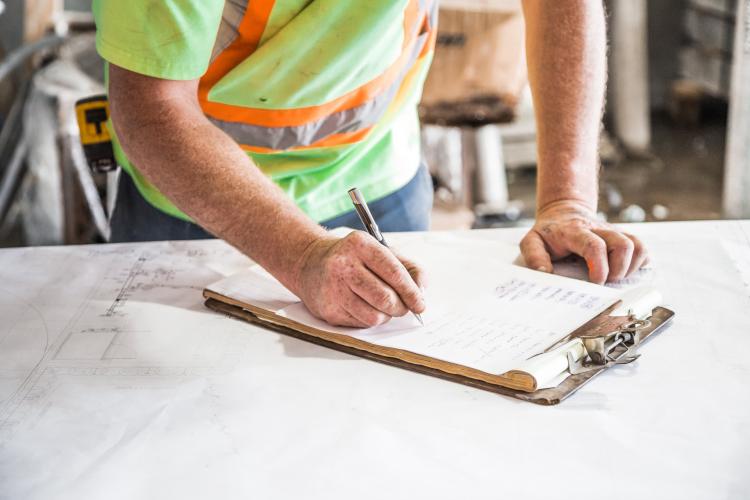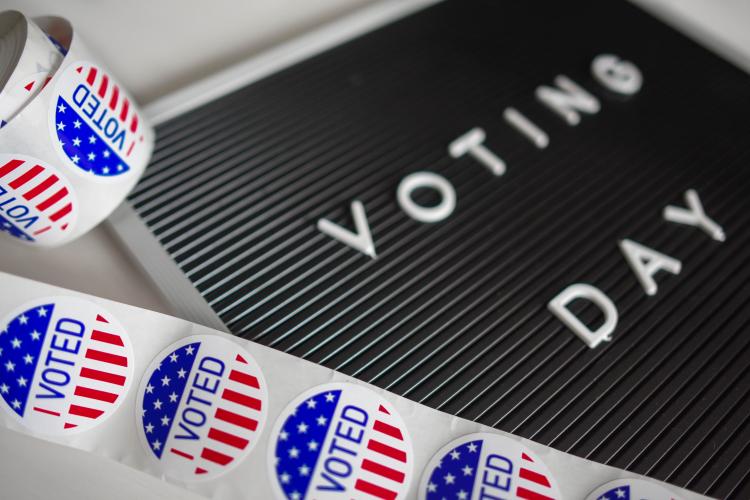MEEA Research: New Report Demonstrates EE's Immense Value to the Region
Over the past 15 years, utility-run energy efficiency programming has produced significant energy savings, customer cost savings and a host of system-wide and societal benefits throughout the Midwest. Unfortunately, these benefits are not fully understood or recognized by many state legislators and other policymakers. As a result, MEEA and other energy efficiency industry experts must recurringly defend EE policies from those who misunderstand how efficiency is funded, its value and impact for utility customers and its widespread benefits within individual states and throughout the region.
